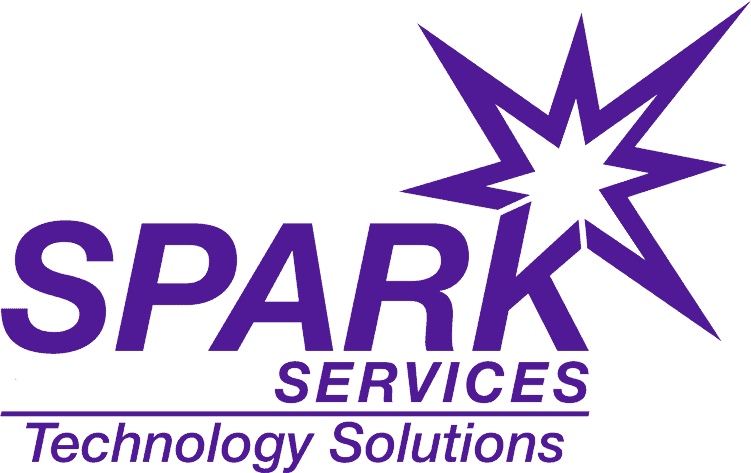
In an era where the digital landscape is evolving at an unprecedented pace, web hosting security has become a paramount concern for website owners and businesses. As the gateway to your online presence, your website is a prime target for cyber threats ranging from data breaches to malware attacks. Understanding the importance of robust web hosting security is crucial for safeguarding sensitive information, maintaining trust with users, and ensuring the uninterrupted functionality of your site.
The Growing Threat Landscape
Cyber threats have evolved into sophisticated, multifaceted attacks that can exploit vulnerabilities in web hosting infrastructure. From small blogs to large e-commerce websites, no online platform is immune to potential security breaches. Common cyber threats include:
- Malware Infections:
- Malicious software, or malware, can infiltrate your website and compromise its functionality. This includes viruses, ransomware, and other types of malicious code that can be injected into your site without your knowledge.
- Data Breaches:
- Personal and sensitive data, such as user credentials and payment information, are attractive targets for cybercriminals. A data breach not only jeopardizes user privacy but can also have severe legal and financial consequences for businesses.
- DDoS Attacks:
- Distributed Denial of Service (DDoS) attacks aim to overwhelm your website with traffic, rendering it inaccessible to legitimate users. These attacks can disrupt your online operations and damage your reputation.
- Phishing Attempts:
- Cybercriminals often use phishing techniques to trick users into revealing sensitive information, such as login credentials or financial details. Hosted websites can be used as a platform for launching phishing campaigns.
- SQL Injection:
- SQL injection attacks target the databases that power your website. Cybercriminals exploit vulnerabilities in input fields to inject malicious SQL code, potentially gaining unauthorized access to sensitive data.
Key Strategies for Web Hosting Security
1. Choose a Secure Hosting Provider:
Selecting a reputable hosting provider is the foundational step in ensuring web hosting security. Opt for providers with a proven track record of prioritizing security measures, including regular system updates, robust firewalls, and intrusion detection systems.
2. SSL Encryption:
Implement Secure Socket Layer (SSL) encryption to secure the transmission of data between your website and users’ browsers. SSL certificates not only protect sensitive information but also contribute to your site’s credibility, as indicated by the “https” in the URL.
3. Regular Backups:
Schedule regular backups of your website’s data and files. In the event of a security breach or data loss, having up-to-date backups ensures that you can quickly restore your website to a previous, uncompromised state.
4. Keep Software and Plugins Updated:
Regularly update your website’s content management system (CMS), plugins, and other software components. Software updates often include security patches that address known vulnerabilities, reducing the risk of exploitation by cybercriminals.
5. Implement Web Application Firewalls (WAF):
Web Application Firewalls act as a barrier between your website and potential threats, monitoring and filtering incoming traffic to block malicious requests. WAFs are effective in preventing SQL injection, cross-site scripting, and other common attacks.
6. Use Strong Authentication Measures:
Enforce strong password policies for website administrators, and consider implementing two-factor authentication (2FA) to add an extra layer of security. This reduces the risk of unauthorized access even if login credentials are compromised.
7. Monitor and Audit:
Regularly monitor your website for suspicious activities and conduct security audits. Automated tools can help identify vulnerabilities, while manual reviews can provide a deeper understanding of potential threats.
8. Educate Your Team:
Human error is a significant factor in security breaches. Educate your team on security best practices, including recognizing phishing attempts, using secure passwords, and reporting any unusual activities promptly.
9. Restrict Access:
Limit access to your website’s backend to authorized personnel only. Implement access controls and permissions to ensure that each team member has the necessary level of access for their role.
10. Incident Response Plan:
Develop and regularly update an incident response plan outlining the steps to be taken in the event of a security breach. This includes communication strategies, data recovery procedures, and collaboration with law enforcement if necessary.
Conclusion
Web hosting security is an ongoing process that requires vigilance, proactive measures, and a commitment to staying abreast of the latest cybersecurity trends. As cyber threats continue to evolve, investing in the security of your website is not just a necessity but a responsibility to your users and your online reputation. By implementing robust security practices, regularly updating your defenses, and fostering a culture of cybersecurity awareness, you can significantly reduce the risk of falling victim to cyber threats and protect the integrity of your digital presence. Remember, in the world of cybersecurity, prevention is key, and a secure website is the first line of defense against an ever-growing array of online threats.



